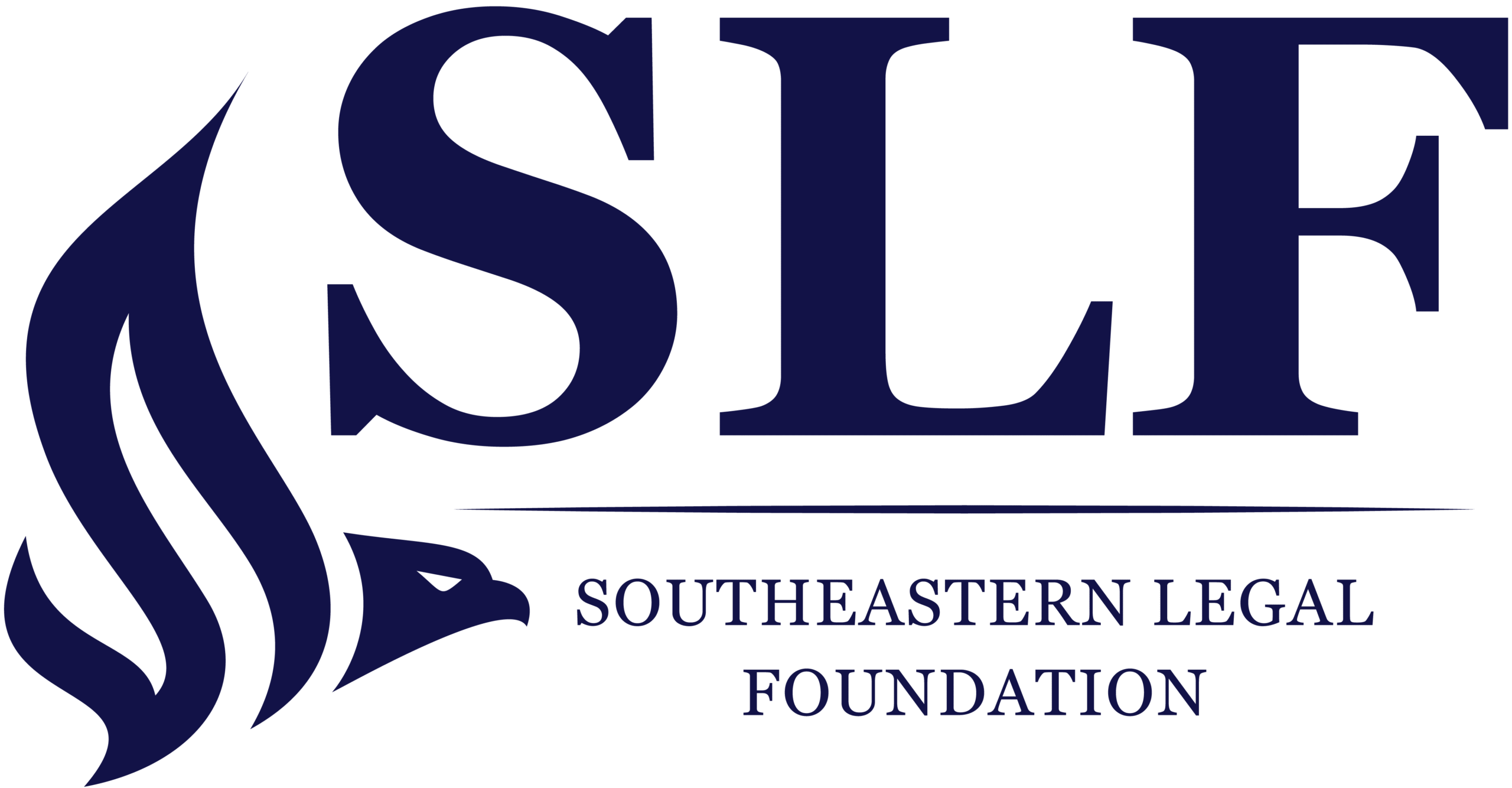Southeastern Legal Foundation opposes speed limits on boats in the Florida Gulf
SLF files comment with National Marine Fisheries Service (NMFS) warning against setting speed limits on recreational boaters without constitutional authority
WASHINGTON, DC (July 6, 2023): Southeastern Legal Foundation (SLF) filed a formal comment announcing its determined opposition to an arguably illegal and unconstitutional proposed 10-knot speed limit for boats traveling in parts of the Florida gulf. In response to a petition submitted by environmental special interests, NMFS announced that it was considering enacting a rule that would be punished by up to a year of imprisonment and a fine of $20,000.
For years, special interest groups have lobbied the federal government to set speed limits across American waters that would effectively shut down recreational boating and fishing activity. The latest proposal is the boldest yet, mandating that all boats, no matter how small, traveling in the Florida Gulf obey a 10-knot speed limit. And if they don’t, the recreational boater is subject to criminal penalty. This rule would make criminals out of recreational boaters and make fishing trips practically impossible. The environmental groups behind this blatant attempt to criminalize an entire industry, argue that such a rule would protect endangered whales from allegedly being struck by boats, but they offer only minimal and highly debatable evidence that recreational boats ever strike whales. Similar lobbying efforts resulted in a rule that shut down the Maine lobster industry were just recently struck down by federal courts. Any effort to impose restrictions on recreational boaters would face the same fate.
As SLF explained in its comment, federal agencies do not have the authority to take such a sweeping measure that would shutdown an American pastime. Generations of Americans have grown up fishing and enjoying the Florida waters. According to SLF, only Congress could make a law of such profound significance and it has not done so by authorizing NMFS to enact “appropriate” and “necessary” regulations. If it really was Congress’s intent to deliver an agency such sweeping authority, it would have done so clearly. To do so under such general and unspecific language would pose a major separation of powers issue by delegating Congress’s lawmaking powers to an executive branch agency.
Braden H. Boucek, SLF Director of Litigation, said, “the Founders thought the solution to governmental power was to divide it. We live in a time where agencies have no patience for the constitutional design and so they assume for themselves the powers they think they deserve from the American people. It is vital to our system of liberty that agencies know their role. NMFS would be abusing its power if it acted at the behest of special interest groups and destroyed boating and fishing in the Florida gulf.”
SLF General Counsel Kim Hermann added, “It is not safe or possible for boats to travel at 10-knots. Recreational fishing guides cannot reach their fishing spots in a one-day trip that millions of Americans grew up enjoying. No one wants to protect whales more than boaters. Striking a whale is a danger to both the craft and the crew. The best way to protect whales is by employing the latest technology and making boaters the eyes on the water, not turning them into outlaws.”
SLF has requested a response to its comment and now waits to see if NMFS takes this ill-advised course of action before determining its next steps. It isn’t a crime to fish in the Florida Gulf. SLF stands fully prepared to protect Americans’ right to enjoy Florida waters.
